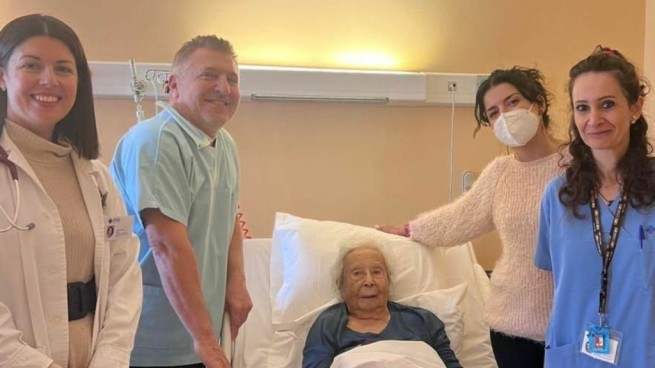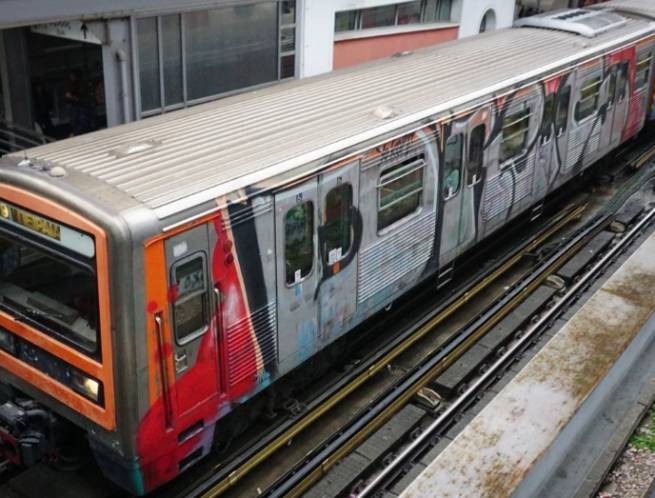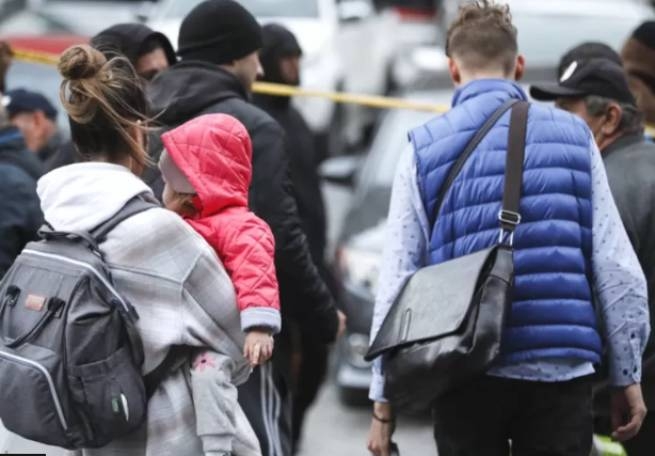According to the most conservative estimates, hundreds of thousands of Russian citizens have left their homeland and are settling in a new place after February last year. Who are they and why do they “start from scratch”, although many are no longer at a young age?
Reasons for the emigration of Russians
Many decided on life changes long before February 2022, expressing a kind of protest against the annexation of Crimea and falling into the “cohort of dissidents.” Others moved to Georgia, others to one of the European countries. But for most, the turning point was the full-scale invasion of Ukraine. Svetlana, who now lives in Belgrade, says:
“When the war started, I realized that it would not end soon, and also that people would not come out to protest. I felt both emotionally and rationally that it made sense to leave. I wanted to distance myself from the authorities as much as possible. I never thought that I would have to leave, I planned to retire in Moscow, I love Russia.”
The first mass emigration started in March-April 2022. This wave included those who were categorically against the war and, not seeing the support of others in the form of protests, they felt isolated and in danger, writes Air Force.
Then mobilization began in September. The name “partial” was misleading to few people – it was clear that no one was insured against conscription. In addition, there was information about the lack of training and lack of proper equipment for recruits. All this caused the next wave of mass emigration, mainly to Kazakhstan and Georgia. At the same time, the press secretary of the President of the Russian Federation, Dmitry Peskov, denies that the draft was the reason for the departure of Russians from the country, and the authorities are trying to prevent this. Although an “online conscription” was introduced in April, recruits could be entered into a digital register, and not handed subpoenas in person.
How many Russians left the country, and where did they move
Now it is impossible to say exactly how many Russian citizens moved to a new place of residence, leaving their homeland. The data ranges from hundreds of thousands to several millions, and there is an upward trend in this number. Forbes, citing sources within the Russian authorities, said that between 600,000 and 1 million people left the country last year. Comparable figures were presented by independent Russian The Bell and RTVi.
However, finding a permanent place to live is quite difficult. After the start of the war EU and the US made it difficult for Russians to obtain visas. It was easier in Georgia and Armenia. And some countries, such as Kazakhstan, have changed legislation to reduce the flow of immigrants from Russia, limiting the number of days for legal stay as tourists.
Hopes of returning to Russia are slowly becoming elusive, as more people apply for residence permits to be able to work (although some continue to work remotely for Russian companies for the time being).
The Air Force notes that over the past 15 months, a residence permit in the countries of the European Union, the Caucasus, the Balkans and Central Asia has received a total of approximately 150,000 Russians. The EU Asylum Agency reports that nearly 17,000 Russian citizens have applied for political asylum, but fewer than 2,000 have been granted it.
According to the Russian Ministry of Internal Affairs, in 2022, 40% more citizens applied for foreign passports than a year earlier.
Who are they who left their homeland
The Russians who left are representatives of different strata of society. These are specialists in the field of information technology and journalists, artists and designers, doctors and linguists, scientists and lawyers. Mostly these are people under 50 years old. There are also representatives of LGBTQ +. Many hope that eventually Russia will become a democratic country. The majority share Western liberal values. Sociologists say there is evidence that those who leave are younger, better educated and wealthier than those who stay. Most of them are from big cities. The BBC spoke with some of the Russian emigrants.
Thomas from St. Petersburg. He applied for political asylum in Sweden and tried to explain to the authorities there why returning to Russia would be dangerous. His application was denied, but he appealed the decision:
“I am a pacifist and I was afraid that I would be sent to kill other people. I have been against Russia’s policy towards Ukraine since 2014. Invasion and killing of civilians is unacceptable.”
Another man, who was detained by Russian police for calling to protest against the partial mobilization, wrote on social media:
“After Russia passed laws to “ban gay propaganda” and “fake news” about the Russian army, I knew that the threat to my life and freedom had increased.”
Sergei is a native of Rostov-on-Don and has a different set of problems. Now he is in Georgian Tbilisi and talks about the first days after the Russian invasion of Ukraine:
“Whatever happened next, the economy was bound to go down. A week later, my friends and I met and decided that we needed to prepare [уйти]. As the days passed, the war got closer. We saw a lot of military equipment on the way to Ukraine. The hospitals were full of the wounded. The Rostov airport was closed to civilian flights, but there were a lot of planes and we knew where they were going.”
In September, after Putin’s “mobilization” speech, Sergei received a call from his mother, who had previously criticized him for his lack of patriotism, and said: “Pack your things and leave.” The man drove all night to Georgia, where he now lives. He says:
“My wife and child are still in Russia. I have to pay for their expenses and accommodation there, and mine here. I work two jobs – remotely at my company in Russia and here at a friend’s small business.”
Sergei saves money to take his family out of Russia to another country. His wife, who was previously reluctant, now agrees that they need to look for a new life elsewhere.
What does the loss of its citizens mean for Russia
The economic effect of the outflow of hundreds of thousands of wealthy and educated people from the country is obvious. According to the estimates of the Russian Alfa-Bank, 1.5% of the entire workforce left the Russian Federation, the majority are highly qualified specialists. There is a shortage of staff and difficulty in hiring.
At the start of the war, the Russian Central Bank reported, citizens withdrew a record 1.2 trillion rubles ($15 billion) from their accounts. There has not been such a scale in Russia since the financial crisis of 2008. Sergey Smirnov, an economist at the Russian National Academy of Sciences, is confident that the general trend will not change – people with higher qualifications will continue to look for ways to leave:
“The demand for people who can fix cars or make shoes will grow. I do not like apocalyptic scenarios, but I believe that this will lead to the fact that the productivity of the Russian economy will continue to fall over time. Most of the territory of Russia will not be aware of these transformations, because the standard of living in small towns, towns and villages has always been low and will continue to be in the future.
The economist emphasizes that these trends will affect, first of all, large cities – Moscow, St. Petersburg, Yekaterinburg.
And what about the interlocutors of the Air Force, which are described above?
Svetlana from Belgrade has no plans to return to Russia: “I work in a startup in Moldova, but I recently applied for a job in the Netherlands.”
Sergey is in Tbilisi looking for a job in the EU. While it’s hard for him: “I don’t have days off, sometimes I don’t have enough time for a night’s sleep, I doze off in the car.”
Thomas is in Sweden hoping he won’t be forced to return to Russia, where he fears homophobia. He is learning Swedish so he can get any job…







More Stories
Poll: which European countries are ready to defend their homeland to the last
K. Mitsotakis announced readiness for the fire season
Greece must transfer the Patriot PAC-3 system to Ukraine with US “guarantees” against the Turkish threat